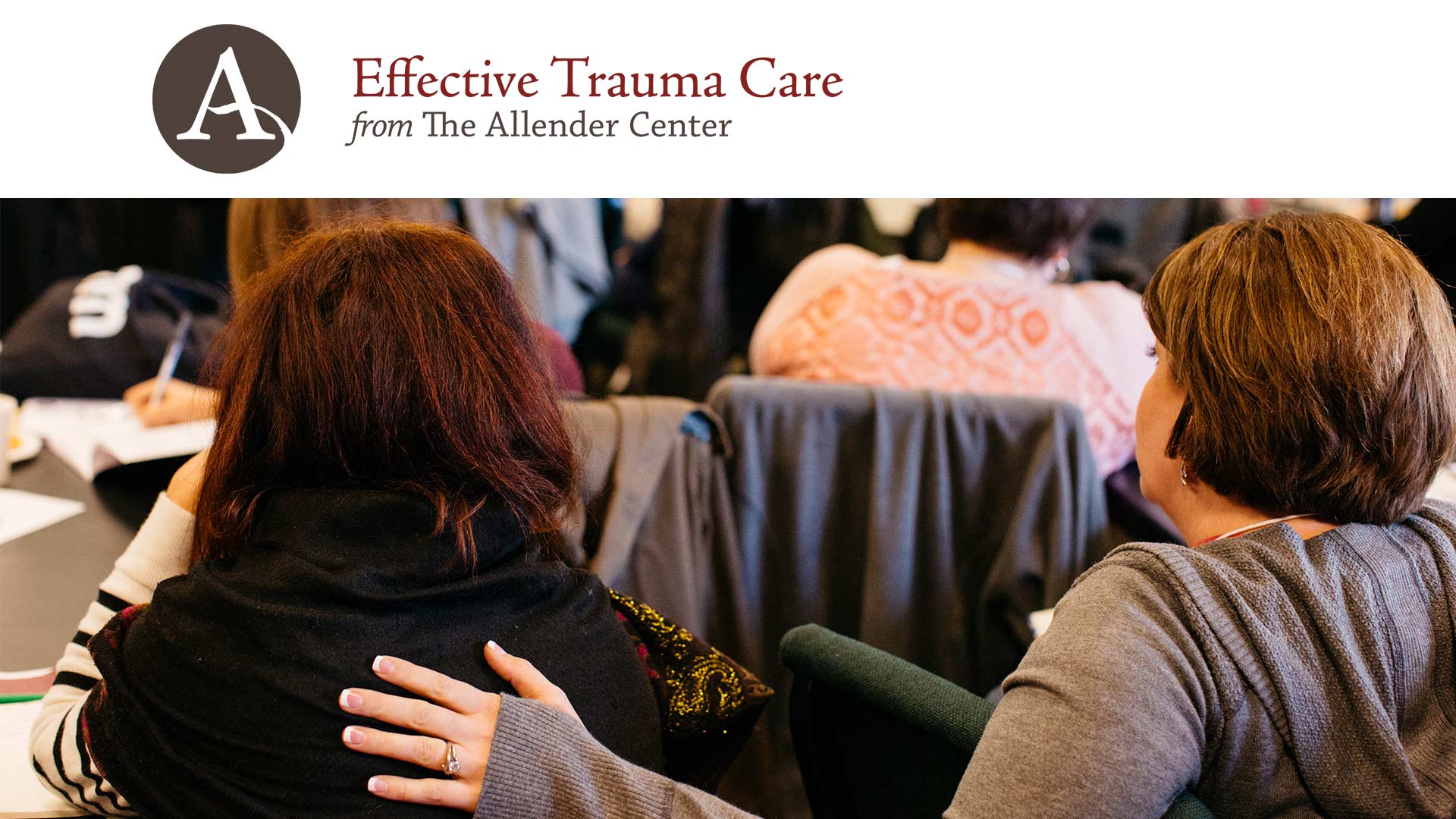Effective Trauma Care

Effective Trauma Care is a seminar for therapists, practitioners, ministry leaders, and advocates desiring a deeper understanding of the impact of trauma and abuse and a stronger grasp of the tools to engage individuals with courage and care. Effective Trauma Care utilizes Dr. Allender’s trauma-focused narrative therapy model to strengthen your capacity to holistically engage the consequences of harm expressed through nuanced beliefs, behaviors, symptoms, and patterns of relationship. The seminar carves out space for the practitioner to gain a fuller understanding of the intersections of their work and their own story as a starting place for developing awareness and practices that steward their own soul and well being in relation to this work. Dr. Dan Allender and Abby Wong-Heffter infuse the training with case studies and practical application from over 40 years of collective experience in the field, creating a dynamic and experiential learning context.
Effective Trauma Care engages the following therapeutic skillset categories:
Inviting the present to been seen in light of the patterns and harm of the past—Engaging what the client is bringing in the here-and-now and how this connects to their larger narrative.
Inviting safe entry into narratives of the past—Engaging the fostering of safety, ways to recognize and avoid re-traumatization, and best approaches for engaging stories of trauma in ways that are neurologically transformative and relationally freeing.
Inviting awareness of the negative vows—Engaging the beliefs that a person has formed around their identity as a result of their past harm and utilizing them as keys to address the binds that limit change.
Inviting desire—Engaging the defenses related to shame and the resistance related to blessing goodness, desire, and delight.
Inviting redemption—Engaging and weaving hope of the gospel and the stories of brokenness, harm, and tragedy.
Our Effective Trauma Care training is invaluable for professional counselors, therapists, and social workers; pastors and ministry staff; domestic violence and sex trafficking advocates; support group leaders; and survivors of abuse seeking psychoeducation.
